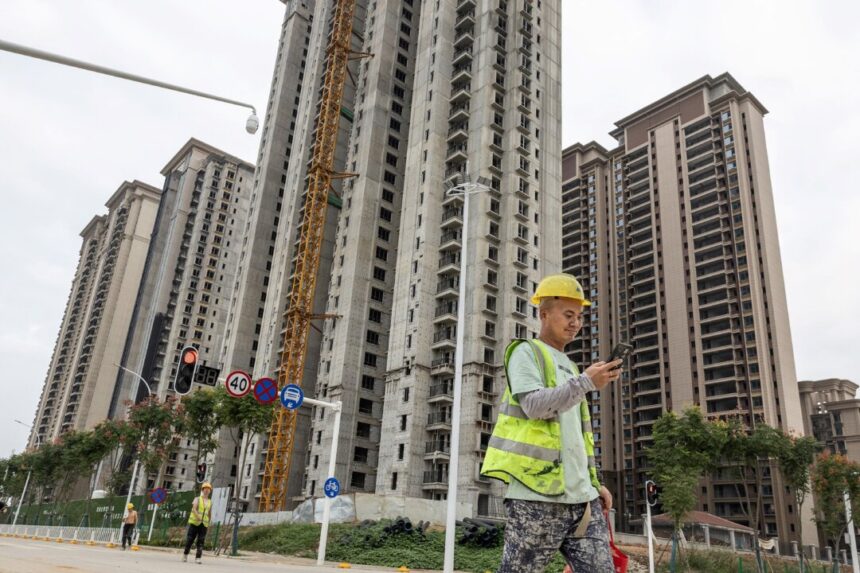China’s jobs will be shifting to India in a significant manner.
Commentary
China experienced rapid development over four decades due to foreign investment, technological expertise from the West, cheap labor, and expansive markets. This led to the relocation of manufacturing bases from global centers, particularly in the United States, as companies sought to compete with China’s cost advantages. Industries such as textiles, electronics, auto parts, and more moved to China, resulting in the loss of over 2 million manufacturing jobs in the US between 2001 and 2018.
A significant middle class emerged in China, lifting around 800 million people out of poverty from 1979 to 2014. However, the country is now facing economic challenges, with a decline in trust from trading partners and an ongoing collapse due to various missteps and distortions.
As more investment capital leaves China than enters it, the country is losing its appeal to foreign investors. This trend benefits countries like India and Vietnam, with India poised to gain the most from China’s economic downturn. India’s growing population, educated workforce, Western-friendly culture, and established sectors make it an attractive alternative to China.
India’s $3.75 trillion economy may not rival China’s $15 trillion economy currently, but it offers better growth prospects. Companies are increasingly looking to shift production to India due to its favorable business climate. Long-term trends indicate that India will continue to attract jobs from China, especially as its domestic demand and market openness increase.
India’s rising incomes, structural reforms, and digital transformation efforts position it as a desirable destination for foreign investment. The country’s commitment to business-friendly policies and technological advancements make it a competitive choice for companies seeking alternatives to China.
In response to the shift of jobs and investment away from China, the CCP’s actions have been criticized, further fueling the trend of companies moving their operations to India and other countries.
At the Munich Security Conference in February, Chinese Foreign Minister Wang Yi cautioned Europe and the United States against attempting de-sinicization in the name of de-risking, stating that it would be a historical mistake.
The Chinese Communist Party (CCP) refuses to acknowledge that many of its policies have resulted in historical mistakes. The country’s middle class is dwindling, along with its population and economy. These failures cannot be attributed to de-risking but are instead directly linked to the CCP’s policies.
Please note that the opinions expressed in this article are those of the author and do not necessarily reflect the views of The Epoch Times.
Source link





